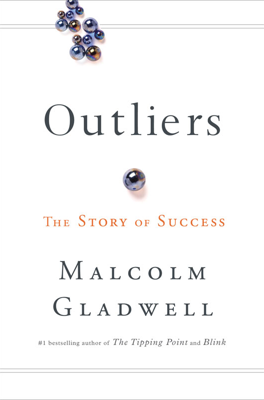Marita’s Bargain
KIPP Academy, situated in a disadvantaged area of the South Bronx, New York, defies the typical educational expectations poised against it. In this school, despite the socio-economic setbacks a majority of the students face, mathematics has become a notably strong subject area. The school operates with significantly extended academic hours compared to conventional public schools — running from 7:25 AM to 5:00 PM, including Saturday classes and a reduced summer break.
The longer academic hours at KIPP, including weekend classes and an extended school year that cuts into the typical summer vacation, aim to combat the issue of learning loss that many students face over the summer. Research by Karl Alexander of Johns Hopkins University highlighted this problem. His study found that while students from all socioeconomic backgrounds made similar gains during the school year, students from higher socioeconomic backgrounds made substantial gains in reading over the summer, a time when disadvantaged students tended to stand still or regress.
The concept is not just about longer hours but also entails a rigorous, disciplined, and supportive learning environment. KIPP's demanding schedule is designed not merely to keep children in school longer but to instill habits and values such as grit, persistence, and self-control which are vital for continued success.
Marita, a young student at KIPP, reveals her typical day involving waking up early, spending long hours at school followed by extended periods dedicated to homework. Her narrative illustrates the profound level of commitment required by students in such an intense academic environment. This routine starkly contrasts with peers outside KIPP, like a former classmate whose post-school day involves significantly less academic engagement.
The chapter questions standard societal expectations for childhood, contrasting the leisurely, carefree days with a rigorous routine designed to level the educational playing field for those born into less advantageous circumstances. This trade-off between the conventional joys of childhood and the rigorous demands of an extended academic schedule is seen as a necessary sacrifice to create educational equity and significant life opportunities that many of these children might not otherwise have.
Ultimately, the success of KIPP and its students like Marita challenges the status quo of the educational system. It suggests that for students born into less privilege, an intense and supportive academic environment that significantly increases learning time can provide a path out of poverty, an argument that reiterates the book's overarching theme that opportunity - and an individual's response to it - plays a crucial role in determining success.
